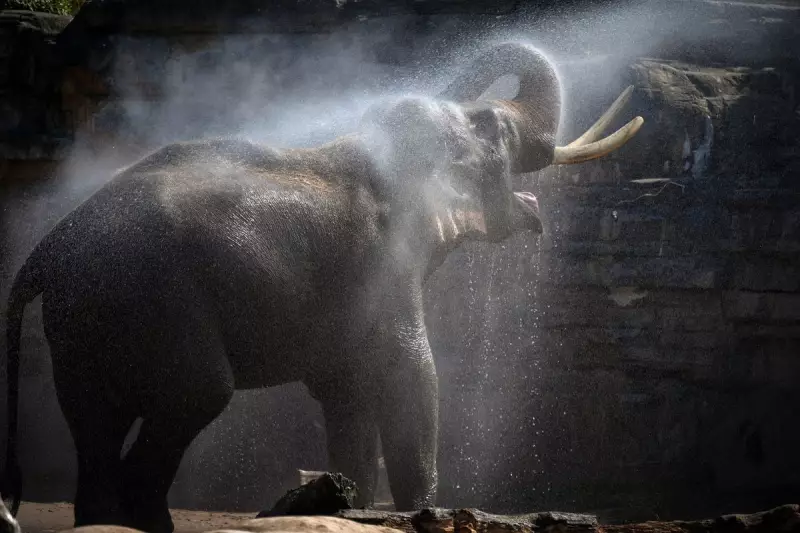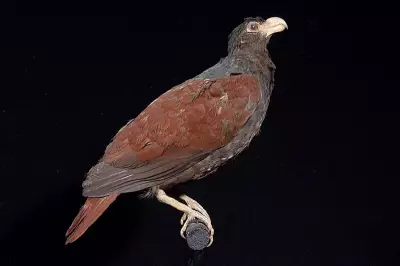
In a groundbreaking development for wildlife conservation, scientists have successfully created the world's first vaccine targeting a devastating herpesvirus that has been killing young Asian elephants at an alarming rate.
The Silent Killer of Young Giants
Elephant endotheliotropic herpesvirus (EEHV) has emerged as one of the most significant threats to Asian elephant populations worldwide. This insidious virus can cause fatal haemorrhagic disease in juvenile elephants aged one to eight years, often striking with little warning and proving fatal within days.
Dr. Falko Steinbach, Professor of Veterinary Immunology at the University of Surrey, explains the urgency: "When young elephants contract EEHV, their survival chances are slim. The virus progresses rapidly, and by the time symptoms appear, it's often too late for intervention."
Collaborative Conservation Breakthrough
The vaccine development represents years of collaborative work between the University of Surrey, Chester Zoo, and Animal and Plant Health Agency (APHA) scientists. Their pioneering approach involved creating a viral protein that triggers protective antibodies in elephants without exposing them to the live virus.
This method mirrors successful human vaccine strategies used against viruses like HPV and hepatitis B, marking a significant advancement in veterinary medicine for endangered species.
Real-World Testing and Promising Results
The research team administered the experimental vaccine to a group of Asian elephants at Chester Zoo, carefully monitoring their immune responses. The results were encouraging – vaccinated elephants developed protective antibodies against EEHV, demonstrating the vaccine's potential effectiveness.
Professor Steinbach emphasises the importance of this milestone: "While we're still in the early stages, seeing elephants produce these protective antibodies is a crucial first step. It suggests we're on the right track to developing a viable preventative treatment."
Global Implications for Elephant Conservation
Asian elephants face numerous threats, including habitat loss and human-wildlife conflict, but EEHV has become particularly concerning for conservationists. The virus doesn't discriminate between wild populations and those in zoological facilities, making this vaccine development relevant to elephants everywhere.
With approximately 40,000 Asian elephants remaining in the wild and their population declining, every successful conservation intervention becomes critical to their long-term survival.
The Road Ahead
Researchers caution that while these initial results are promising, further testing and refinement are necessary before the vaccine can be widely deployed. The next phases will involve larger trials and determining optimal vaccination schedules to ensure long-lasting protection.
This scientific breakthrough represents hope not just for individual elephants but for the entire species' future, demonstrating how targeted veterinary research can contribute significantly to global conservation efforts.





